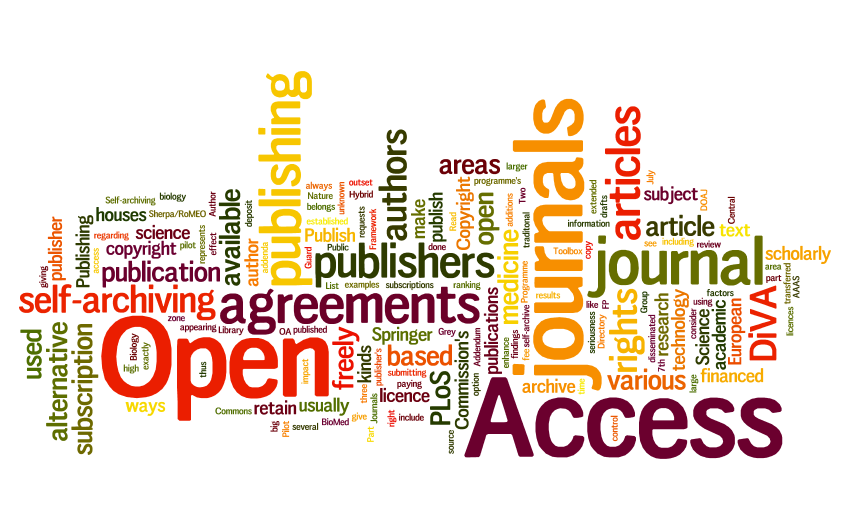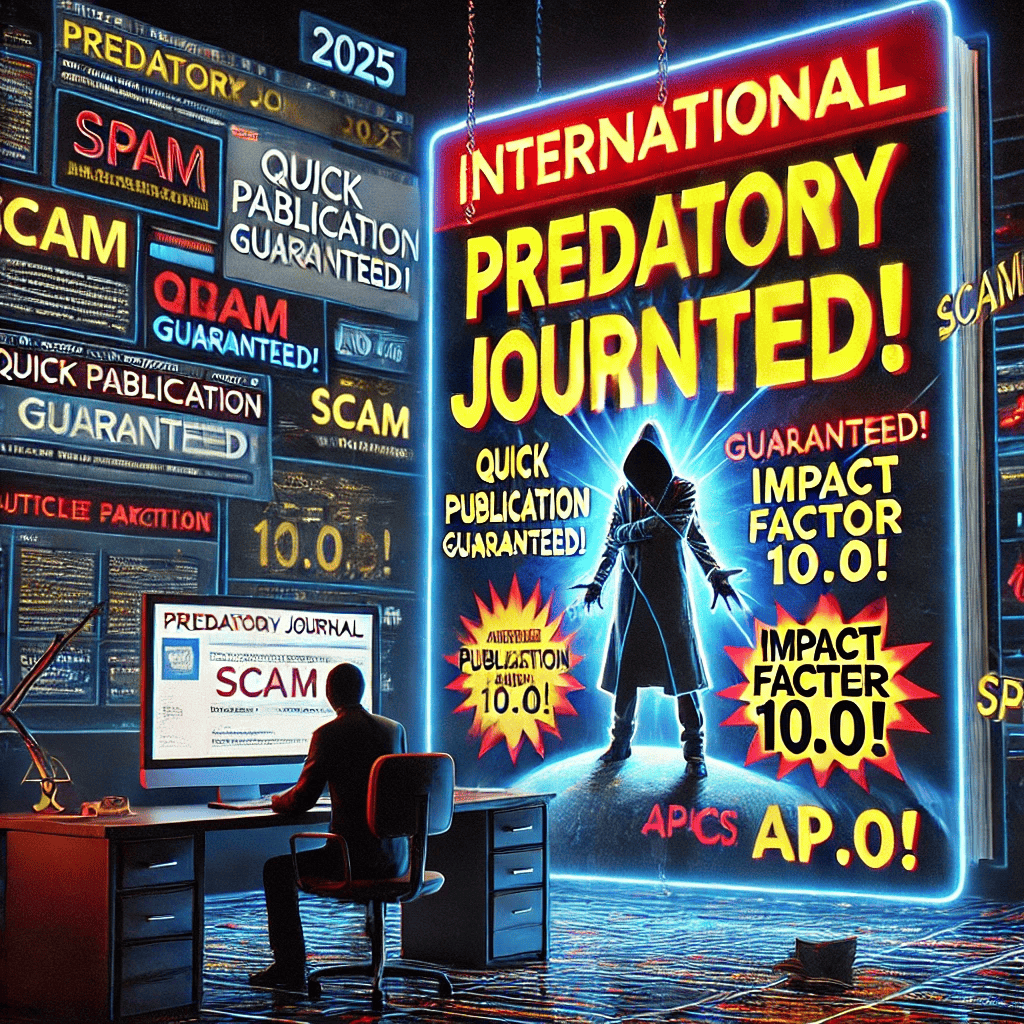Accredited Open Access Journals

What is Open Access
Open Access (OA) refers to the unrestricted and free online availability of scholarly research, allowing anyone to read, download, share, and reuse academic content without financial, legal, or technical barriers. It removes paywalls and subscription fees, ensuring that research outputs—such as journal articles, books, and data—are accessible to a global audience.
"The open access movement is about ensuring that research serves the public good, not just private interests." — Peter Suber, Director of the Harvard Open Access Project
- BioOne Open Access
- Books at JSTOR: Open Access
- Central Online + Open Access Library (COOL)
- DOAB Directory of Open Access Books
- DOAJ Directory of Open Access Journals
Open Access Physics and Astronomy Collection
APCs covered by the Read and Publish Agreements in 2025
In 2025, SANLiC (South African National Library and Information Consortium) continues to offer several transformative agreements that benefit researchers and institutions across South Africa:
🌐 Springer-SANLiC Agreement (2023–2025)
Access: Over 2,360 subscription-based journals from Springer, Adis, Nature Academic, and Palgrave Macmillan.
Publishing Benefits: Affiliated authors can publish open access in hybrid journals without paying article processing charges (APCs).
Exclusions: Nature Research journals and fully open access journals are not covered.
📘 Elsevier-SANLiC Agreement
Open Access Support: Authors publishing in hybrid journals don't pay APCs; discounts apply for fully open access journals.
Eligibility: Applies to eligible corresponding authors affiliated with SANLiC member institutions.
Predatory Journals


